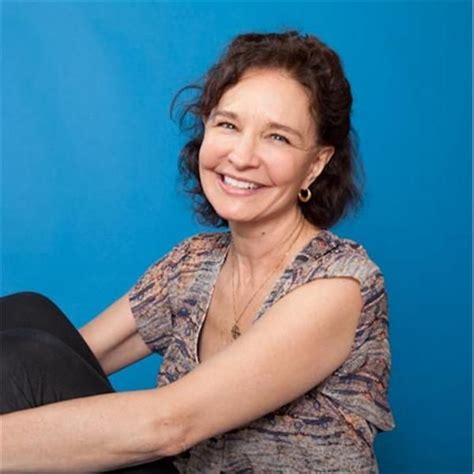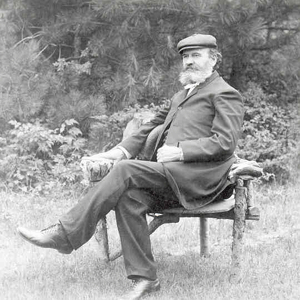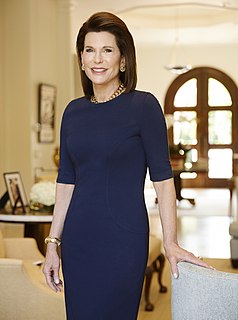A Quote by Allen Ginsberg
one must verge on the unknown, write toward the truth hitherto unrecognizable of one’s own sincerity, including the avoidable beauty of doom, shame, and embarrassment, that very area of personal self-recognition,(detailed individual is universal remember) which formal conventions, internalized, keep us from discovering in ourselves and others
Related Quotes
There is provided an escape from the narrowness and poverty of the individual life, and the possibility of a life which is other and larger than our own, yet which is most truly our own. For, to be ourselves, we must be more than ourselves. What we call love is, in truth . . . the losing of our individual selves to gain a larger self.
The more sincerity is developed, the greater share of truth you will have. And however much sincerity a person may have, there is always a gap to fill, for we live in the midst of falsehood, and we are always apt to be carried away by this world of falsehood. Therefore we must never think we are sincere enough, and we must always be on our guard against influences which may carry us away from that sincerity which is the bridge between ourselves and our ideal. No study, no meditation is more helpful than sincerity itself.
The soul journey inward is when we are invited to cast aside beliefs and behaviors that no longer serve us and release all tendencies toward victimhood, stagnation, passivity, and self-destruction that keep us disempowered or cause frustration and suffering to ourselves and others. This is no easy task, and one in which we can use all the divine support possible to help us on our way. It is a time to pray.
Not the least of the problems in clarifying one's consciousness is developing the stoic determination to criticize one's own softness or sentimentality toward oneself. Ego, self-solicitous about its own tenderness, is the ultimate policeman over its own false consciousness, dementedly uprooting every healthy seedling of insight into the truth. As Kierkegaard remarked, most people are subjective toward themselves and objective toward all others, but the real trick and task of life is to learn to be just the very opposite.
In order to be truthful
We must do more than speak the truth.
We must also hear truth.
We must also receive truth.
We must also act upon truth.
We must also search for truth.
The difficult truth
Within us and around us.
We must devote ourselves to truth.
Otherwise we are dishonest
And our lives are mistaken.
God grant us the strength and the courage
To be truthful.
Amen
It has become a common feeling, I believe, as we have watched our heroes falling over the years, that our own small stone of activism, which might not seem to measure up to the rugged boulders of heroism we have so admired, is a paltry offering toward the building of an edifice of hope. Many who believe this choose to withhold their offerings out of shame. This is the tragedy of the world. For we can do nothing substantial toward changing our course on the planet, a destructive one, without rousing ourselves, individual by individual, and bringing our small, imperfect stones to the pile.
I can tell by my own reaction to it that this book is harmful." But let him only wait and perhaps one day he will admit to himself that this same book has done him a great service by bringing out the hidden sickness of his heart and making it visible.— Altered opinions do not alter a man’s character (or do so very little); but they do illuminate individual aspects of the constellation of his personality which with a different constellation of opinions had hitherto remained dark and unrecognizable.
Recognizing and uniting with the universal therefore gives us the greatest aesthetic satisfaction, the greatest emotion of beauty. The more determinately (consciously) this recognition is experienced, the more intense our happiness. The more determinately (consciously) this union with the universal is felt, the more individual subjectivity declines.
In our concern for others, we worry less about ourselves. When we worry less about ourselves an experience of our own suffering is less intense. What does this tell us? Firstly, because our every action has a universal dimension, a potential impact on others' happiness, ethics are necessary as a means to ensure that we do not harm others. Secondly, it tells us that genuine happiness consists in those spiritual qualities of love, compassion, patience, tolerance and forgiveness and so on. For it is these which provide both for our happiness and others' happiness.







































